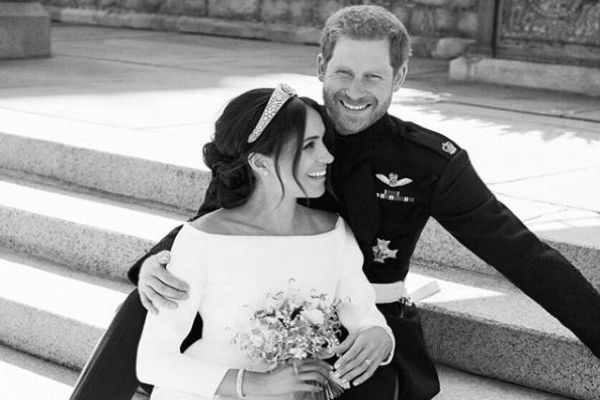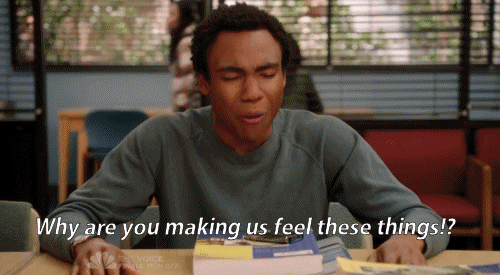
In My Feelings: Expert shares why we get crushes & it’s fascinating
There are many things we’d like to forget about our teenage years; the emo phase, the streaky tan, the concealer covered lips, the cringey duck face poses and most of all- your first crush.
Whether it was the boy who lived down the street or Disney’s ‘It Boy’ of the time Zac Efron, we all had our fair share of playground and popstar crushes.
There are many we’d like to forget, especially ones whose names will forever be scribbled in the back of our geography copies.
We develop crushes from quite a young age, the average being aged 12, but we can’t help but wonder why we feel this way.

What causes the butterflies in our stomachs, the glint in our eye when we spot them in town, the feeling of frustration when we don’t hear from them and that elation when we do?
We spoke to psychologist Rachel Tomlinson about catching feels, feeling smitten and the impact it all has on our mind.
First things first, why on earth do we fall for people? We all understand just how complicated and stressful dating and relationships can be, so why does our mind crave affection like there’s no tomorrow?

“We have these feelings because humans are social creatures and we are driven to try and form relationships with other people.
“We want relationships and crave them. These relationships keep us safe, both mentally and physically and having reciprocal and positive relationships is good for our health and stress levels,” Rachel explained.
We all want to find the Harry to our Meghan, the Miley to our Liam and the Beyoncé to our Jay-Z, but it isn’t as straightforward as we wish it was.

We fret about what to wear for that first date, we panic about coming across as too eager or whether we are making a good impression.
We beat ourselves up when they don’t respond to us, we worry about winning them over or if they’re ‘the one’.
The impact it has on our mind is pretty intense at times.
“Having strong, mutually beneficial relationships (including romantic ones) make us feel good and give us a sense of social connection which is healthy. However, issues can arise when relationships end or crushes aren’t reciprocated.

“If people have recently become single or are experiencing overwhelming feelings of love and lust that aren’t returned it can result in stress, lowered immunity, poor physical and potentially exacerbate mental health issues,” she stressed.
We all want a significant other, crush or lover to feel the same as we do. We crave that attention, love and desire like a cup of coffee at 6 am on a Monday morning.
“Your brain responds to this attraction by signalling the release of chemicals: dopamine, norepinephrine and serotonin. These are feel-good chemicals and people can experience excitement, excess physical energy (including heart racing, sweaty palms etc) and giddy/joyful feelings,” Rachel continued.

Testosterone and oestrogen are also released and we feel lust.
This combination of chemicals gives us a rush like no other, but they can become addictive. “People often find that they crave the presence of their crush to get more of those feelings, resulting in (sometimes) quite obsessive thought patterns. Having a crush can feel as though your brain and body have been hijacked by this new love (or lust).”

It’s a natural feeling that has been built into our minds for generations and generations. Your 85-year-old granny once got butterflies at a dance in the 1950s. Your mam definitely swooned over Rob Lowe during the 1980s. Your big brother definitely shed secret tears when his childhood crush went to the debs with his best friend. Your co-worker certainly worries about what to wear on that all too important first date. The guy sitting next to you on the bus no doubt gets butterflies when bumping into his college love after years apart.
It’s a feeling we’re all going to have to get used to because as Emily Dickinson once said ‘the heart want what it wants or else it does not care.'








